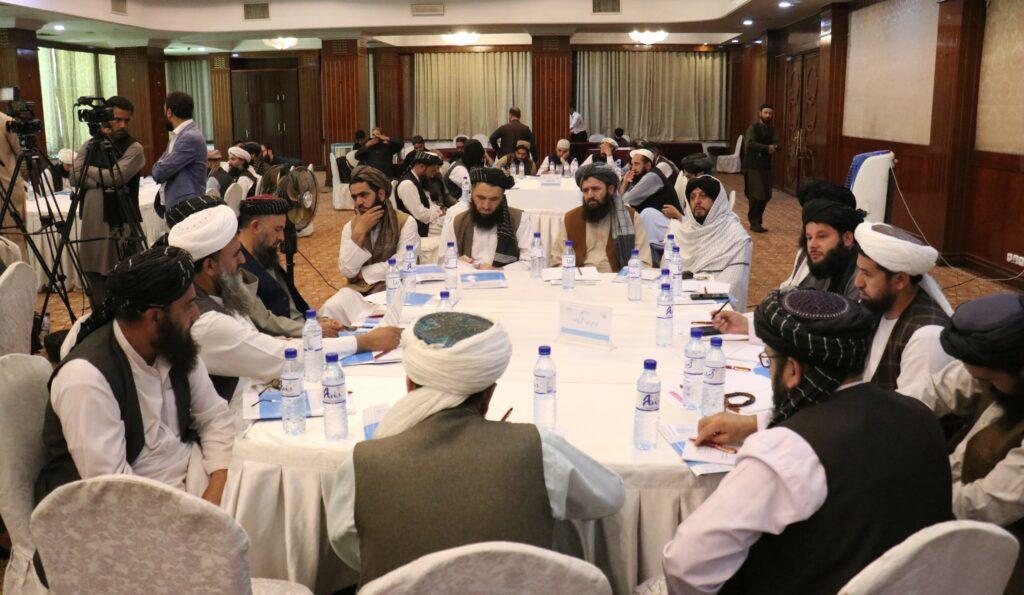By Ahmad Shah Erfanyar Kashmir Khan
KABUL (Pajhwok): Participants of a gathering in Kabul on Monday identified excessive use of groundwater, burning of harmful fuels, use of weapons during the past wars and deforestation as key contributors to Afghanistan’s environmental challenges.
They emphasised the need to raise public awareness through mosques and religious platforms to help address these issues.
The event, titled “Assessment of Afghanistan’s environmental situation”, was held in the capital and attended by government officials, religious scholars and representatives of an environmental NGO.
National Environmental Protection Authority (NEPA) chief Maulvi Mati-ul-Haq Khalis said the environment affected all aspects of life and must be carefully managed across every sector.
He noted the past conflicts had significantly damaged the environment due to the use of various weapons.
Khalis further cited unregulated hunting, “ruthless” deforestation, burning of inappropriate fuels, and irresponsible extraction of groundwater as major causes of environmental degradation.
“In Islam, it is forbidden to harm others for one’s own personal gain,” he stressed.
He added that hundreds of thousands of deep wells had been drilled in Afghanistan, with water being extracted wastefully and excessively, day and night.
Meanwhile, Saeed-ur-rahman Baghlani, Director of Guidance and Preaching at the Ministry of Hajj and Religious Affairs, said: “Water, air and oxygen are blessings from Allah and must not be wasted.”
He added that environmental protection was a religious obligation and every individual has a responsibility to contribute to its preservation.
Zabihullah Siddiqi, deputy head of the NGO Raha, which works in the field of environmental conservation, said the meeting was aimed at gathering scholars’ views on the matter in light of Islamic teachings.
He mentioned that these perspectives would be incorporated into a comprehensive report on Afghanistan’s environmental status in 2025, jointly prepared by Raha and NEPA.
Religious scholars present at the event welcomed the initiative and pledged to promote environmental awareness through mosque sermons and community engagement.
Qari Hakimullah Qanit, a resident of Kabul’s 7th district, said: “Such gatherings are essential. Religious scholars are close to the public and can convey messages effectively.”
Maulvi Khalilullah Khalili, a religious scholar, stated that Islam provides numerous solutions to environmental issues, and he would share this knowledge with the wider community.
He said: “The Quran says Allah created everything living thing from water. Since water is such a vital resource, we must use it wisely and ensure it remains clean.”
During the meeting, participants formed working groups to identify collective solutions to Afghanistan’s ongoing environmental crisis.
